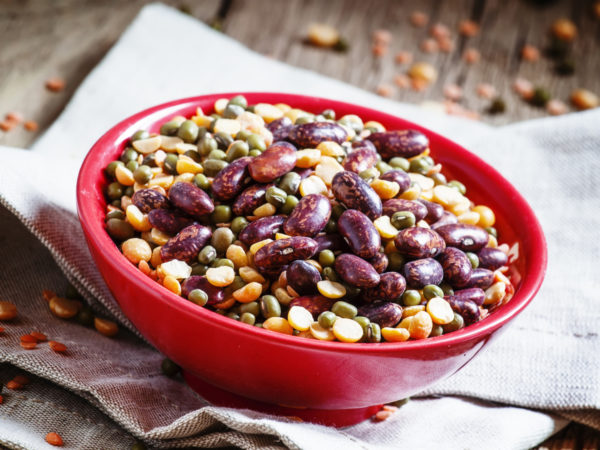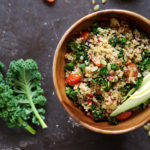Is The Macrobiotic Diet Good For You?
What is your opinion of the macrobiotic diet? I was on it about 20 years ago, lost weight, and felt absolutely wonderful.
Andrew Weil, M.D. | June 7, 2005

The macrobiotic diet, which originated in Japan, emphasizes whole grains (such as brown rice, barley, oats, corn, rye, wheat and buckwheat, which comprise 50 percent of the diet), seasonal vegetables, and, for protein, fish, soy foods and legumes with smaller amounts of sea vegetables, nuts, and seeds. It excludes all meats, eggs, cheese, sugar and sweets, most spices, coffee, alcohol, and most fruit.
You definitely can lose weight on a macrobiotic diet because it is low in fats, sugar and calories, and contains lots of fiber and complex carbohydrates. In general, it is a healthy way of eating, since it eliminates processed, highly refined foods, but claims that it can reverse cancer or strengthen the immune system have yet to be proved. An ongoing study sponsored by the National Center for Complementary and Alternative Medicine is investigating whether a macrobiotic health diet works better than the American Heart Association diet (with or without added flaxseeds) in lowering the risks of heart disease, breast and endometrial cancers and osteoporosis among women between the ages of 50 and 72.
Despite its benefits, there are some drawbacks to the macrobiotic health lifestyle due to its limited food choices. It provides too much sodium, as does Japanese food in general, and its exclusion of most fruit deprives people of many beneficial phytonutrients. Eliminating all animal protein can lead to a deficiency of vitamin B12. Following a macrobiotic health diet can also lead to deficiencies of protein, vitamin D, calcium, magnesium, iron and other B vitamins such as riboflavin. If you go macrobiotic, I would recommend taking a good multivitamin and mineral supplement.
A peculiarity of the diet is that it eliminates and labels “nightshade” vegetables – including tomatoes, potatoes, peppers and eggplants – as unhealthy. However, this is not the case. These foods are not at all dangerous except possibly to those who have allergies or sensitivities to one or more of them. A small percentage of people with arthritis are sensitive to nightshade vegetables and do better if they avoid them.
If you can live with the restrictions and manage to avoid the potential nutritional deficiencies, there’s no reason not to follow a macrobiotic health diet. However, I would recommend following this diet while under the supervision of a physician, who you can alert if you have any symptoms of fatigue, pain in muscles or joints, increased irritability or susceptibility to infections.
Andrew Weil, M.D.












